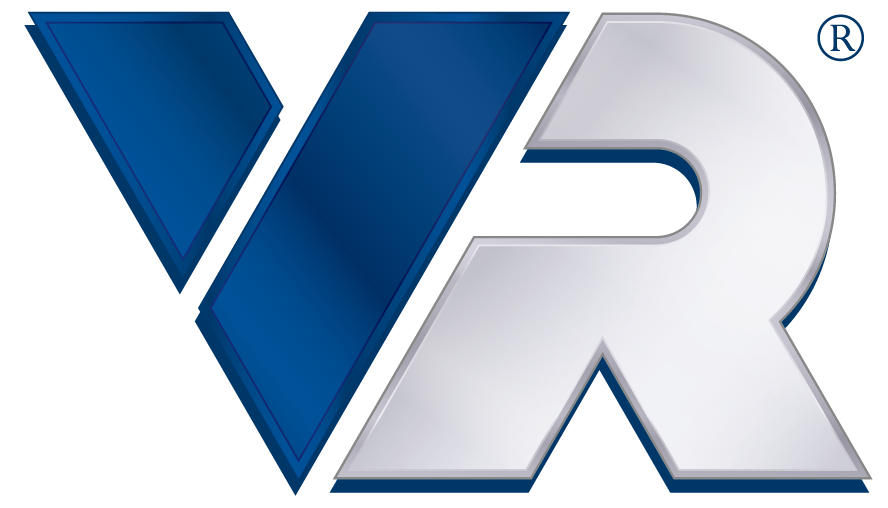What Is My Business Worth?
This is, of course, one of the most common questions we receive.
Part of the answer is that it depends on the buyer and, more specifically, the type of buyer.
For example, Strategic Acquirers typically pay cash and pay a premium for a business.
They are typically seeking acquisitions that have characteristics such as a proprietary product or process, a unique market presence or market share, new technologies and a synergistic fit.
Generally, a Strategic Buyer will pay a higher price than a Financial Buyer.

Pagoda is on Mount Penn overlooking Reading, PA
The fact is, however, that determining the value of a business is often a complex task and is best done by a professional intermediary or a certified valuation analyst. You would be wise not to base the value of your business on a rule of thumb because the rule of thumb is based on industry averages, and does not take into account the unique characteristic of an individual business.
Before determining the value of a business, a valuation professional will gather information to understand the value drivers of the business, market position, profitability, revenues, historical financials, future prospects, risks of the business and more. In the case of businesses requesting a valuation opinion for the purposes of a future sale, our professionals take the additional step of doing a financing test on the valuation. In other words, based on the valuation range, is an acquisition able to be financed and how could it be financed.
Why is it Important to Know What Your Company is Worth?
Prospective buyers want to understand what the benefits of owning the business will be to them and the future potential of the business. Establishing a value for the business gives the seller and the intermediary a clear picture of the underlying value of the business to a prospective buyer and their financing source.
Small and mid-sized businesses typically depend on four key value factors:
- Seller’s Discretionary Earnings (SDE).
- Risk.
- Terms of the Sale.
- Industry.
Seller’s Discretionary Earnings
The main factor in determining the value for small and mid-sized businesses is the total cash flow benefiting the owner – also known as Seller’s Discretionary Earnings (SDE). SDE is calculated using the following six categories:
- Profit or loss as reported.
- Owner’s Salary.
- Discretionary Expenses.
- Non-recurring Expenses.
- Non-cash Expenses.
- Expenses not included in the P&L.
- Once theses categories are added together and an SDE is developed, a multiplier is applied. The multiplier can range from 1 to 5 (or more), depending on many factors, to arrive at the appropriate value for the business.
Risk
The second valuation factor is the level of risk. Factors in this category include:
- Years in business and with the current owner.
- Profit trend.
- Quality of books and records.
- Franchise membership.
- Brand recognition/strength.
- Level of competition.
- Dependence on current owner.
- Diversification of customer base.
- Lease length and terms.
- Asset value.
Terms of the Sale
This is the one source of value that the business seller can almost completely control. Components of the terms include:
- Down payment.
- Interest rate.
- Monthly payment.
- Non-compete agreement.
- Seller training of buyer.
The majority of sales include the seller to provide some level of financing to the buyer of the business. With seller financing, the seller receives part of the purchase price at the time of the sale (“the down payment”) and the remainder over several years. The buyer uses the cash flow from the business to pay off the debt. Structuring a sale with attractive terms can significantly increase the value of a business.
Industry
Certain businesses are valued at five (or more) times the seller’s discretionary earnings while other businesses only bring one time. An important reason in determining the multiple of SDE is the industry of the business.
Certain industries are more desirable than others. Factors influencing desirability include:
- The fun and ease of operating the business.
- Location.
- Facilities.
- Employee relations.
- Operating hours.
- Growth potential.
- Valuing Your Business.
To estimate the value of your business, we will consider all these factors, the selling prices of comparable businesses, as well as any other factors unique to your particular business that may make it more valuable.
Wonder no more.
Contact VR Business Brokers for a free, no-obligation estimate of the value of your business.


